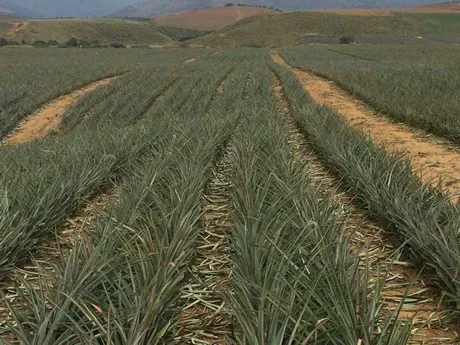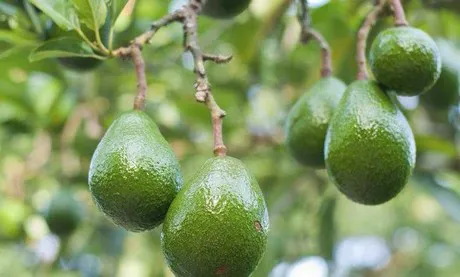"Venezuela is a rich country when it comes to the quality of its lands, which are extremely fertile. The country's geographical variation allows for the planting and harvesting of several tropical species during most of the year, given the stable weather conditions. Moreover, our location in the north of South America makes access to the United States and Europe through the Caribbean Sea very easy," says Gerardo Cumare, of the Venezuelan company Inversiones Cumaca, devoted to the national and international marketing of food products.
Venezuela is going through a difficult moment in its history due to political, economic and social issues, in addition to the drop in the value of the price of a barrel of oil internationally.

"However, there are many of us who still believe in the country's potential. Besides oil, Venezuela's main export product, investments are being made in other sectors, such as agriculture. At the moment, this is not a very important sector for the country's foreign trade; in fact, the export statistics for fruit and vegetables are very low. However, this was not the case in the past. In the late 70's and in the 80's, it was a big sector for the economy and the export of products such as avocados, pineapples, limes, coffee, chocolate and rice was quite notable," adds Gerardo Cumare.
Gerardo explains that although Venezuela has a history as a food exporter, right now the national production is very limited and imports are necessary. "We are trying to make some changes in the agricultural sector together with the Government and a group of private companies in order to give a boost to the agricultural sector."
Exports
"Right now we have exchange control; it is necessary to make use of the financial mechanisms designed by the government to have access to foreign currency. By encouraging exports, we will be supporting the national economy, bringing in foreign currency into the Venezuelan economy," says Gerardo. "The government offers some incentives to boost exports, such as tax exemptions and credit offerings. This means that we can use money from national banks at very low interest rates."
The current regulation establishes that export companies don't have to pay taxes for the export activity per se. It also establishes that companies can freely retain and manage up to eighty percent (80%) of the income they receive in foreign currency and the rest (20%) must be sold to the Central Bank of Venezuela at the complementary exchange rate.

ABC Islands
The Venezuelan government announced the suspension of maritime and air traffic with the islands of Aruba, Curaçao and Bonaire from the start of the New Year due to contraband practices. This practice allowed a certain group of people to access foreign currency illegally and then sell it in the parallel market. The Government of Aruba has acknowledged that there is contraband and has even banned the purchase of non-certified Venezuelan copper. Other measures are expected to be enforced for other goods, including food.
"This could open the door for Venezuelan companies like ours to begin a formal and legal trade with these countries, and thus supply Venezuelan products that will have a better price at the outset than those coming from the international markets, given the proximity of our country to the Caribbean countries. Their peoples would benefit in the same way, but in a more legitimate and transparent manner for all nations," continues Gerardo Cumare.
"Companies like ours, which don't take part in contraband activities, are not affected by the closure of the borders. Even so, it is still difficult to keep a company afloat in the midst of an economic crisis like the current one. In our case, if I want to export pineapples, I need boxes to pack the fruits, but the box supplier does not have domestic raw materials available, because these used to be imported. That is why the Government must devise efficient mechanisms for the importation of direct or indirect supplies and encourage national production. That would not take a negative toll on competitiveness, because prices are higher than necessary."
The Venezuelan exporter concluded by saying that "it would be helpful for exporters and the country itself to set up a system to handle foreign currency in a more efficient manner. Our production costs are very low; that is one of our advantages: being competitive. Prices are still lower than those of our competitors, but we need to buy supplies at reasonable prices to remain competitive in the international market."
For more information:
Gerardo Cumare
Inversiones Cumaca C.A
Venezuela
T: +58-414-6436762




